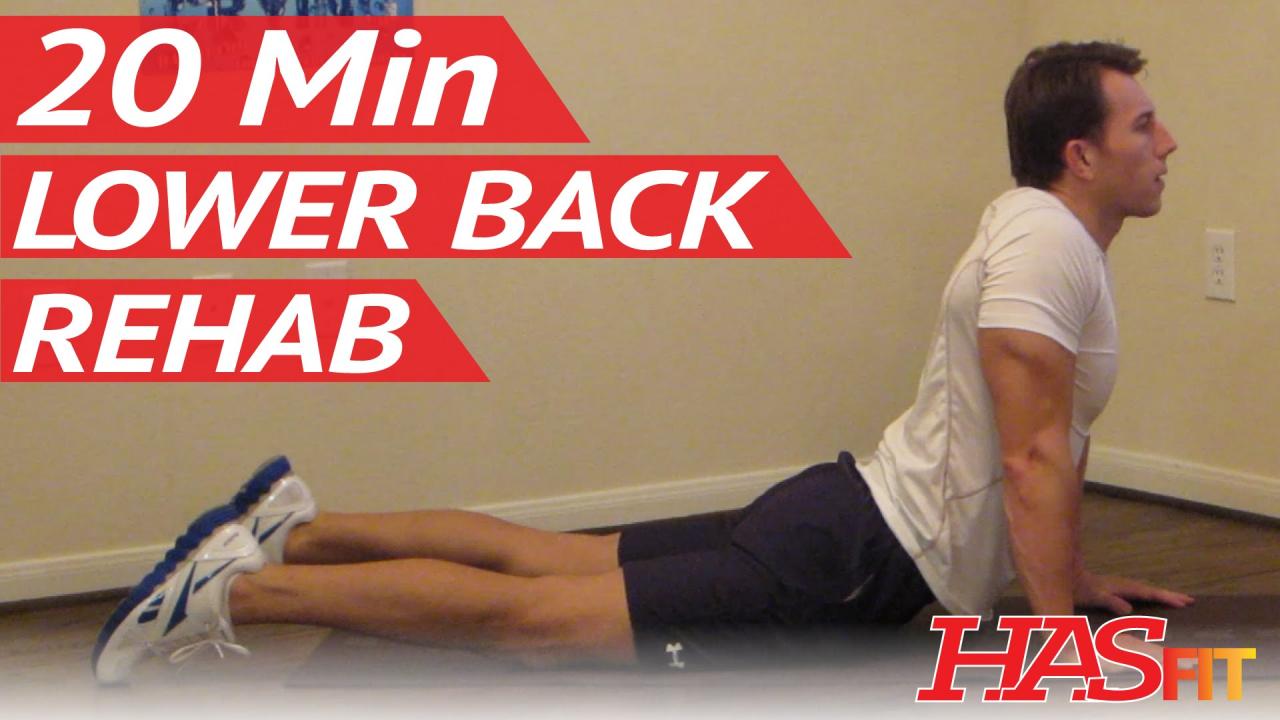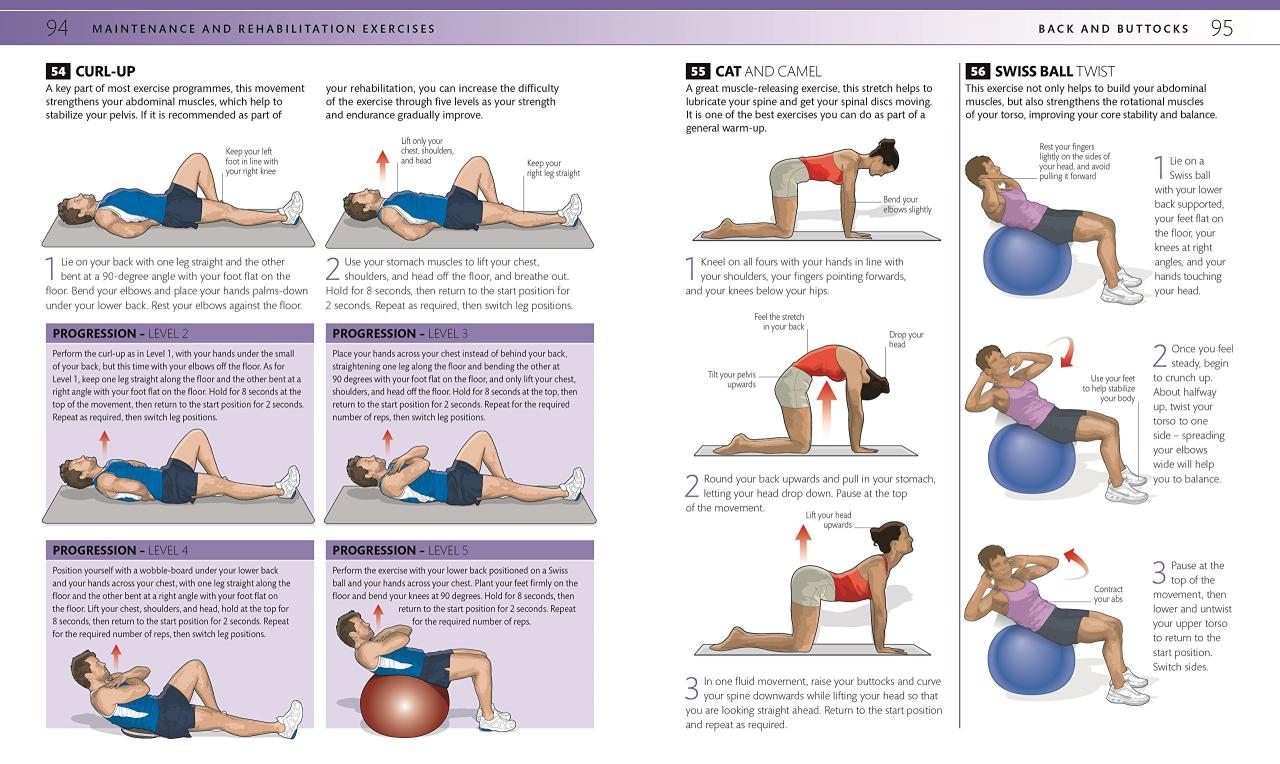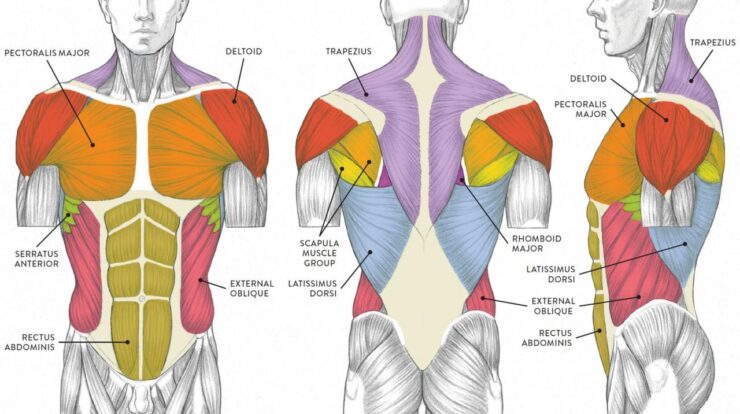
Lower back exercises at home offer a convenient and effective way to improve your overall health and well-being. These exercises strengthen the muscles that support your lower back, reducing pain, improving posture, and preventing injuries.
Whether you’re a beginner or an experienced athlete, there are lower back exercises at home that are suitable for all fitness levels. By incorporating these exercises into your routine, you can enjoy the benefits of a strong and healthy lower back.
Mother’s Day is a special day to celebrate all the mothers in our lives. Whether you are a mother yourself or you know someone who is, there are many ways to show your appreciation on this special day. One way to show your love and appreciation is to send a Mother’s Day card.
There are many beautiful and meaningful Mother’s Day cards available, so you are sure to find one that is perfect for the special mother in your life. For more information on Mother’s Day cards, visit this website .
Lower Back Exercises at Home: Strengthening Your Core for Overall Well-being

Maintaining a strong and flexible lower back is crucial for overall health and well-being. Lower back exercises can help alleviate pain, improve posture, and prevent injuries. Performing these exercises at home offers convenience and flexibility, making them accessible to everyone.
Regularly engaging in lower back exercises at home can provide numerous benefits, including:
- Reduced lower back pain and stiffness
- Improved posture and balance
- Enhanced core strength and stability
- Prevention of injuries and chronic pain
Types of Lower Back Exercises
There are various effective lower back exercises that can be performed at home, suitable for different fitness levels and abilities. Here are some commonly recommended exercises:
| Exercise Name | Instructions | Benefits | Difficulty Level |
|---|---|---|---|
| Pelvic Tilts | Lie on your back with your knees bent and feet flat on the floor. Tilt your pelvis up, flattening your lower back against the floor. Hold for 5-10 seconds and release. | Strengthens lower back muscles, improves posture, and reduces pain. | Beginner |
| Bird Dog | Start on your hands and knees. Extend your right arm forward and left leg backward simultaneously. Hold for 5-10 seconds and switch sides. | Strengthens core muscles, improves balance, and stabilizes the spine. | Intermediate |
| Superman | Lie on your stomach with your arms and legs extended. Lift your arms, head, and legs off the floor simultaneously. Hold for 5-10 seconds and release. | Strengthens lower back extensors, improves posture, and prevents injuries. | Advanced |
Equipment and Modifications, Lower back exercises at home
Most lower back exercises can be performed without any equipment. However, if desired, a resistance band or small weights can be used to add intensity.
For individuals with limited mobility or injuries, modifications can be made to exercises to make them more accessible. For example:
- Pelvic tilts can be performed on a bed or couch for added support.
- Bird dog can be modified by keeping the extended arm and leg closer to the ground.
- Superman can be performed with the arms and legs lifted only slightly off the floor.
Sample Exercise Plan
To incorporate lower back exercises into your home workout routine, follow this sample plan:
| Exercise | Sets | Reps | Rest |
|---|---|---|---|
| Pelvic Tilts | 2 | 10-15 | 30 seconds |
| Bird Dog | 3 | 10-15 (each side) | 30 seconds |
| Superman | 2 | 10-15 | 30 seconds |
Begin with a few sets and gradually increase the repetitions and sets as you progress.
Safety and Precautions
When performing lower back exercises, it is essential to prioritize safety to avoid injuries:
- Listen to your body and stop if you experience any pain.
- Maintain proper form throughout the exercises.
- Avoid excessive weight or repetitions.
- Warm up before exercising and cool down afterward.
Final Conclusion

Incorporating lower back exercises at home into your fitness routine is a smart investment in your health and well-being. These exercises can help you alleviate pain, improve posture, and prevent injuries. By following the tips and guidance provided in this article, you can effectively strengthen your lower back and enjoy a healthier and more active life.
Q&A: Lower Back Exercises At Home
How often should I perform lower back exercises at home?
If you are experiencing lower back pain, there are a number of exercises that you can do to relieve the pain and improve your flexibility. These exercises can help to strengthen the muscles that support the lower back, improve range of motion, and reduce inflammation.
For more information on exercises to relieve lower back pain, visit this website .
For beginners, it’s recommended to start with 2-3 sessions per week, gradually increasing the frequency as you get stronger.
Mother’s Day is a special day to celebrate all the mothers in our lives. Whether you are a mother yourself or you know someone who is, there are many ways to show your appreciation on this special day. One way to show your love and appreciation is to send a Mother’s Day card.
There are many beautiful and meaningful Mother’s Day cards available, so you are sure to find one that is perfect for the special mother in your life. For more information on Mother’s Day cards, visit this website .
Can I perform lower back exercises at home if I have back pain?
Regular exercise is the best way to prevent flexibility issues. By strengthening muscles and tendons, improving circulation, and reducing inflammation, exercise can help to keep joints healthy and flexible. For more information on how regular exercise can help to prevent flexibility issues, visit this website .
Yes, but it’s important to start slowly and choose exercises that don’t aggravate your pain. Consult with a healthcare professional before starting any new exercise program if you have back pain.
What are some common mistakes to avoid when performing lower back exercises at home?
Regular exercise has been proven to be the most effective way to prevent flexibility issues. Studies have shown that people who engage in regular physical activity have greater range of motion and flexibility than those who do not. Exercise helps to strengthen muscles and tendons, which support the joints and allow for greater movement.
It also helps to improve circulation, which brings nutrients to the joints and helps to remove waste products. As a result, regular exercise can help to prevent stiffness, pain, and other flexibility-related problems. For more information on how regular exercise can help to prevent flexibility issues, visit this website .
Common mistakes include arching your back, using too much weight, and not engaging your core muscles. Focus on proper form and listen to your body to avoid injuries.






